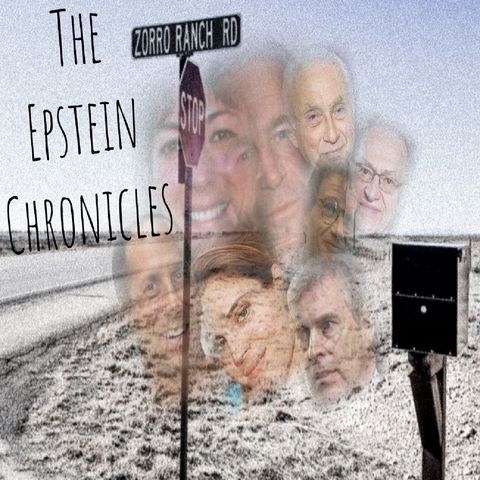Karen Read And The Motion For Recusal Or Dismissal Of Judge Cannone (Part 4) (5/3/24)

Descarga y escucha en cualquier lugar
Descarga tus episodios favoritos y disfrútalos, ¡dondequiera que estés! Regístrate o inicia sesión ahora para acceder a la escucha sin conexión.
Karen Read And The Motion For Recusal Or Dismissal Of Judge Cannone (Part 4) (5/3/24)
Esta transcripción es generada automáticamente. Ten en cuenta que no se garantiza una precisión absoluta.
Descripción
A motion for recusal or dismissal of a judge is a legal request made by one party in a case asking that the judge assigned to the case be removed...
mostra más- Basis for the Motion: The party seeking recusal or dismissal typically asserts that the judge has a bias, prejudice, or conflict of interest that could affect their ability to fairly adjudicate the case. This bias could be based on personal relationships, financial interests, previous involvement in the case, or other factors that create the appearance of partiality.
- Legal Standards: Different jurisdictions have specific rules and legal standards governing when a judge should be recused or dismissed. These standards often require a showing of actual bias or the appearance of bias that would undermine public confidence in the integrity of the judicial process.
- Filing the Motion: The party making the motion submits a formal written document to the court detailing the grounds for the recusal or dismissal request. This document may include supporting evidence, such as affidavits, witness statements, or legal precedent, to bolster the argument for why the judge should step aside.
- Opposition and Response: The opposing party has an opportunity to respond to the motion, either agreeing or disputing the grounds for recusal or dismissal. They may present counterarguments or evidence to support the judge's impartiality and argue against the motion.
- Decision by the Court: The decision on whether to grant the motion is ultimately made by another judge or judicial authority, typically someone higher in the judicial hierarchy. This ensures an independent review of the allegations and promotes public confidence in the integrity of the judicial process.
- Consequences of Granting the Motion: If the motion is granted, the judge in question will be recused or dismissed from the case, and a new judge will be assigned to hear the matter. This helps to preserve the fairness and integrity of the legal proceedings and ensures that justice is served.
(commercial at 8:31)
to contact me:
bobbycapucci@protonmail.com
source:
PDF.COMMONWEALTH - Google Drive
Información
Copyright 2024 - Spreaker Inc. an iHeartMedia Company
